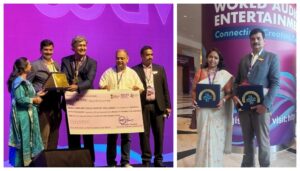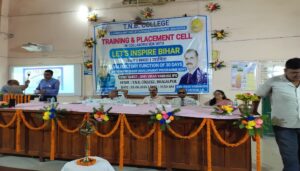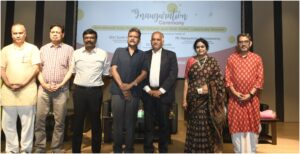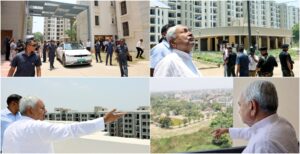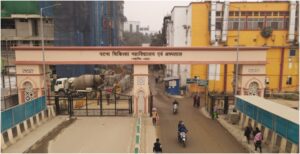Bihar’s Caste Survey Propels Sociopolitical Discourse, Experts Deliberate at ADRI Organized Talk
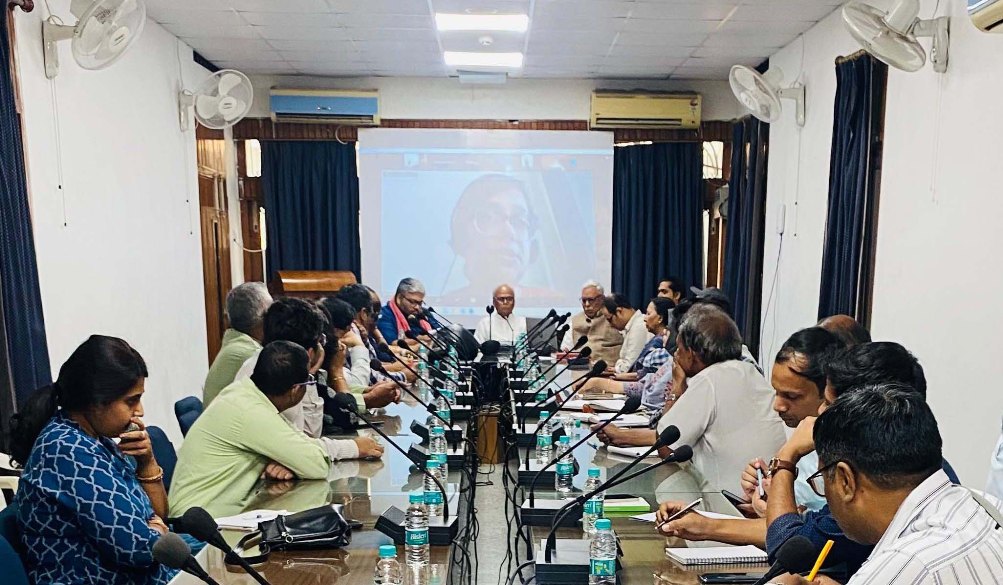
Patna: The popular and legitimate demand of Bihar’s populace for being given respect and dignity more than development has been given a fillip by the caste survey undertaken recently in the state. This view was very well articulated by Sarthak Bagchi, Assistant Professor of the School of Arts and Sciences at Ahmedabad University in his talk on ‘Making Sense of the Caste Survey in Bihar’ on Monday. This event was organized by the Asian Development Research Institute (ADRI).
Taking a historical perspective of caste census during the British Raj, he opined that Riley’s reorganizing the census made it into a political tool. It had a dramatic influence on the rise of caste-based organizations. Caste census was suspended after 1931 as the British wanted to prevent hyper-politicization of caste. After Independence, the new regime felt that caste census was a hindrance towards becoming an egalitarian society.
Bagchi then remarked that caste surveys can be used as a means to mediate between state and society. Quoting Rajni Kothari, he said that caste is a bulwark against religious fundamentalism.
“Political mobilization and consolidation of different political parties will definitely be influenced by this significant intervention. For instance, lower caste politics has pursued an agenda of capturing state power,” he said.
Noted leader Shivanand Tiwari lamented the fact that the Kalekar Commission recommendations of the 1950s for conducting caste surveys were never implemented. “Society would have been transformed if it had indeed been executed,” he said. He also felt that the recent caste survey in Bihar has created a wave in the country.
In his Presidential Address Premkumar Mani, former Member of Legislative Council of Bihar, said development is required for a respectful and egalitarian society. The fruits of development should be distributed in society equally. “We should aim for a democracy which is not based on castes but equity and respect,” he said.
Dr Ashmita Gupta, Member-Secretary, ADRI gave the welcome address. She said one of the main policy agendas of the Government of Bihar revolves around castes, and Bagchi’s talk will shed light on how this recently concluded caste survey can ultimately benefit Bihar’s population.
The event was moderated by Dr Deepak Kumar of ADRI. He also gave the vote of thanks. Among the notable attendees present in person and online on the occasion included Prof Manoj Jha, Narendra Pathak, Pranab Chaudhary, Imtiaz Ahmad, Habibullah Ansari, Dr Binodanand Jha, Nina Srivastava, and Sanjay Kumar. The talk was also attended virtually by many international scholars.


